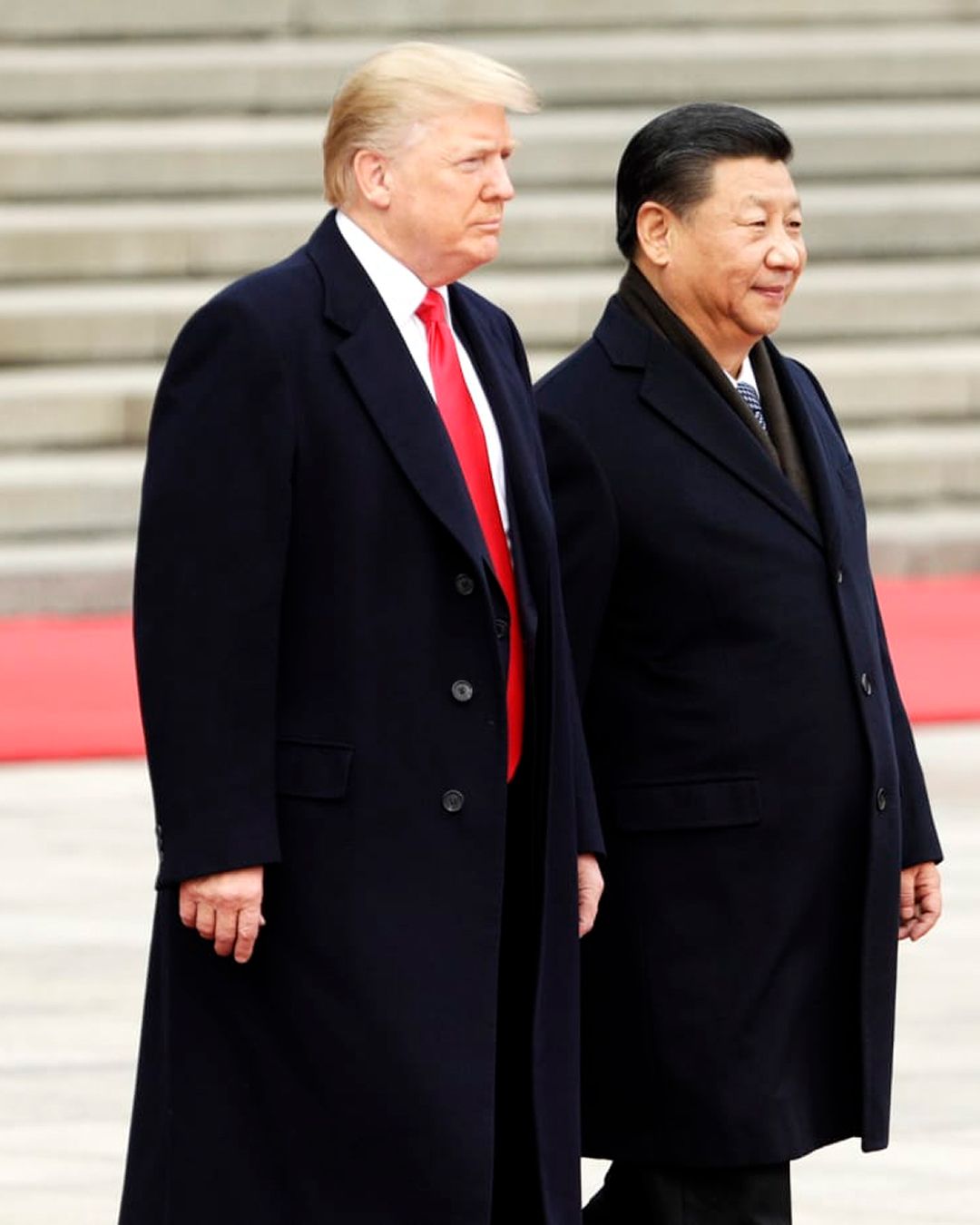
What to expect from Trump's new mandate What awaits us after he takes office, in short
The United States Congress has validated the outcome of the November presidential elections, won by Trump and the Republican Party. It was merely a formal procedure, but numerous security measures had been activated because the last time – on January 6, 2021 – Trump’s supporters stormed Congress, attempting to prevent the certification. The unprecedented attempt resulted in hundreds of lawsuits and trials, and Trump was indicted for allegedly trying to overturn the results of a legitimate election. Unlike her opponent, this year the Democratic candidate Kamala Harris immediately acknowledged her defeat, contacting Trump the following day to congratulate him as per tradition. After the congressional session, presided over by Harris herself (as outgoing Vice President), the inauguration of the Republican candidate will take place, officially beginning his second term on January 20. The future President of the United States has already hinted at what the world can expect from his new term during a press conference yesterday at Mar-a-Lago. Trump declared that military force would not be ruled out for a possible takeover of the Panama Canal and the annexation of Greenland, statements that have deeply shaken international politics.
We are living in the stupidest of times...
— Brian Krassenstein (@krassenstein) January 7, 2025
Trump: "We're going to be changing the name of the Gulf of Mexico to the Gulf of America."
I feel like we are being led by Patrick from SpongeBob. pic.twitter.com/cxX6txN1HR
Since Trump has already served as President, it is easy to anticipate the positions and measures he will promote. He himself has repeatedly stated that, in the event of victory, he would continue or reactivate many of the policies implemented during his time in the White House – between 2017 and 2021. One of the most noticeable changes compared to Biden’s administration will likely be in foreign policy. Trump has a strong fascination with authoritarian leaders, both Western and non-Western: among others, he is particularly close to Israeli Prime Minister Benjamin Netanyahu and Hungarian Prime Minister Viktor Orbán. Additionally, Trump has already hinted that he intends to reduce or completely halt the supply of weapons and financial support to Ukraine. There has also been long-standing speculation about the possibility of the United States leaving NATO, the military alliance that binds the country to most Western states. The concern is that the U.S. will substantially reduce its commitment to defending European countries against Russia's increasingly aggressive foreign policy.
@theusap45 Birthright Citizenship at Risk: Trump’s Executive Order Threat #parati #whitehouse #unitedstates #newyork #fyp #presidentdonaldtrump #boss #president #usa/a> #trump2024 original sound - the USA Politics
Regarding trade, Trump has already announced the return of heavy tariffs (even higher than those imposed in the past), not only on Chinese products but also on European goods: the goal is to encourage the production and purchase of American-made goods. This will be a significant problem, especially for European countries that base their economies on exports and have built an important trade relationship with the United States over time. Trump has also announced a plan to deport all undocumented immigrants living in the country – around 11 million people. While the project is practically unfeasible, it underscores that Trump will take very hardline positions on immigration and will almost certainly seek to minimize the number of foreign individuals allowed to move to the United States. Additionally, as soon as Trump assumes office, discussions will likely begin on making access to abortion more restrictive. Although during the campaign the Republican candidate stated he would not change abortion rights, he later made contradictory remarks on the issue. In this context of uncertainty, it is likely that his most radical supporters – such as the Christian right – will pressure Trump to approve stricter measures to control pregnancies.
How Trump’s Staff Will Be Composed
I am thrilled to announce Robert F. Kennedy Jr. as The United States Secretary of Health and Human Services (HHS). For too long, Americans have been crushed by the industrial food complex and drug companies who have engaged in deception, misinformation, and disinformation when it…
— Donald J. Trump (@realDonaldTrump) November 14, 2024
For his second term, Trump has chosen his staff primarily based on personal loyalty and alignment with his ideological vision. However, as noted by the New York Times, as new names are revealed, another trend is becoming clear: Trump seems to be deliberately selecting the least suitable individuals to lead the very agencies that, according to him and his supporters, most obstructed him during his first term. The latest example of this is the appointment of Robert Kennedy Jr. as Secretary of Health, a known conspiracy theorist and promoter of anti-vaccine theories. This choice appears deliberately provocative and at odds with the needs of the sector. This strategy is not limited to healthcare but is even more evident in appointments related to security and justice agencies. Here, Trump has opted for figures often deemed unqualified, extremely radical, and, in some cases, openly hostile to the very institutions they are supposed to lead. According to many observers, these individuals not only lack experience but seem driven by a subversive approach aimed at undermining the structures they are meant to strengthen.














































